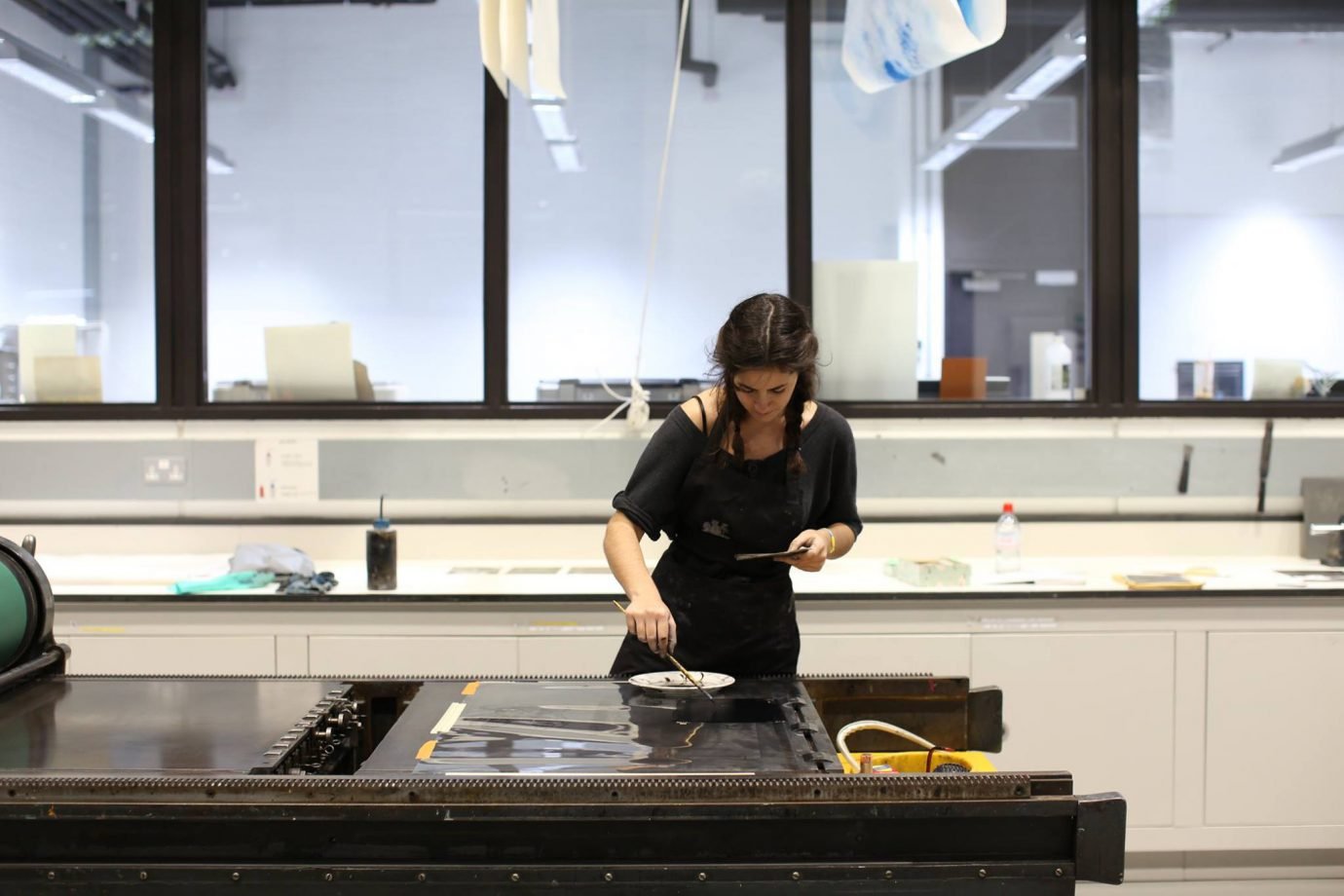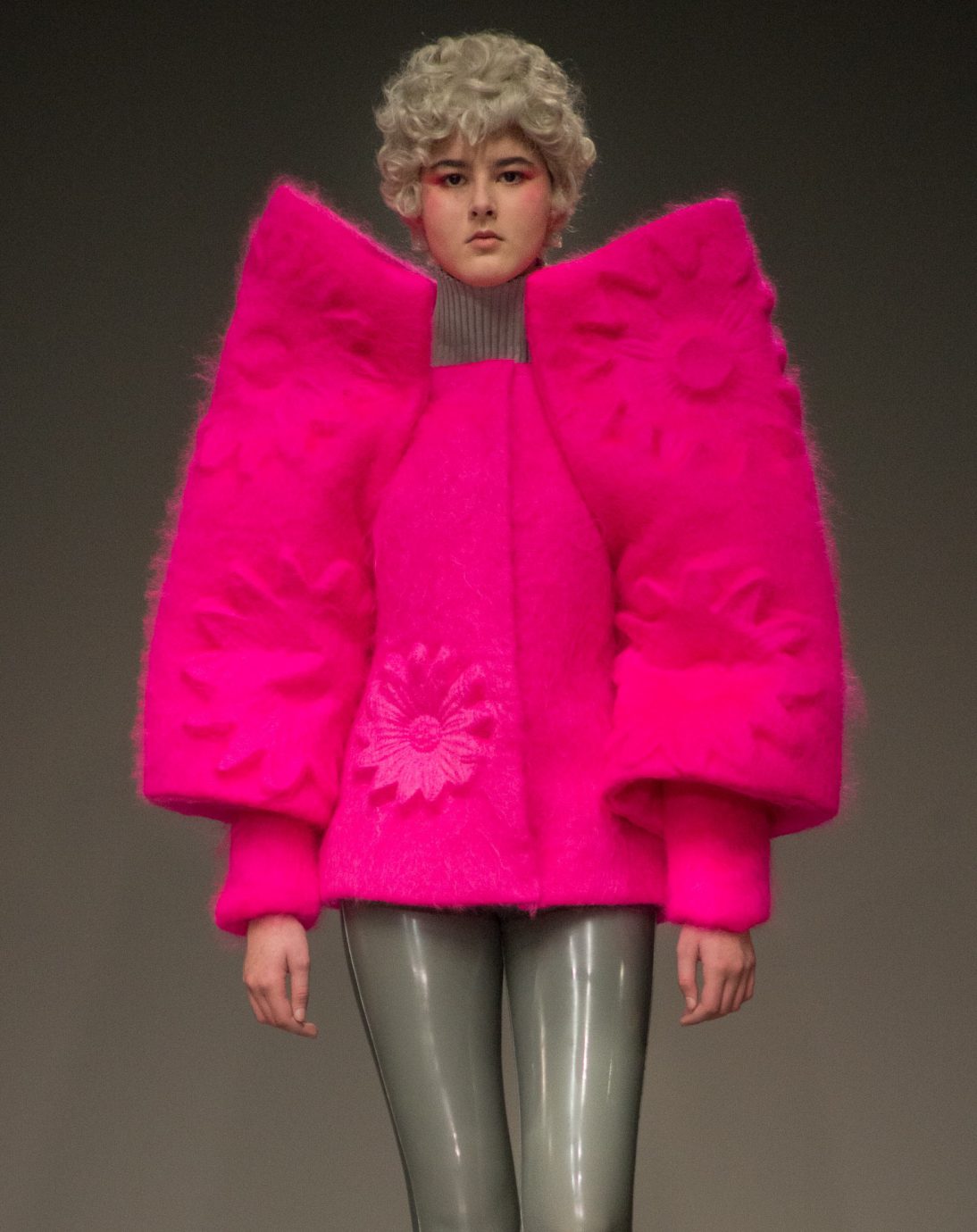“It was an opportunity we couldn’t miss. No French school has ever been on the official calendar before. IFM is right in the center of the French fashion industry,” Jones continues, explaining the need to provide graduates with enough exposure and the extensive planning that goes into producing a digital showcase, as IFM’s network of industry contacts watched in anticipation.
Adam Jones, along with womenswear director Vanja Hedberg and MA director Oliver Legrand, had to motivate students to complete their degree in the midst of the Covid-19 pandemic, against a milieu of rules and curfews. “We provided as much online teaching as possible” the faculty explains, offering students psychological support and financial grants alongside scheduled classes. Most importantly, students were encouraged to spend their time working and experimenting at home whilst fine-tuning their process, so when they were allowed back in the building in September they could hit the ground running.
“I guess you could say the world doesn’t need fashion but fashion definitely needs the world.” – James Giltner











































































































